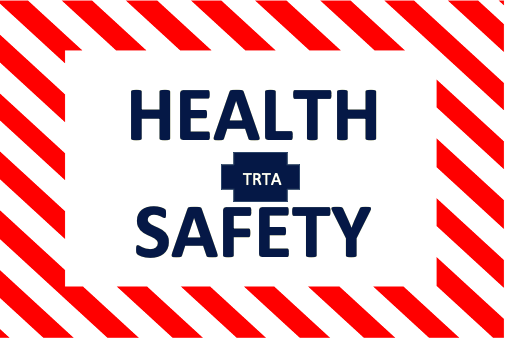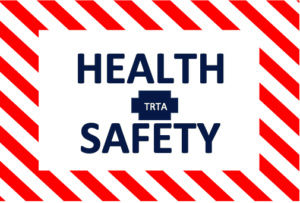1. Get Active
• Physical activity is an immune system booster. The more you move, the more your body
is able to fight inflammation and infections. You do not have to engage in strenuous
exercise because low impact exercises are effective, too. If possible, schedule a nice
thirty-minute walk into your daily routine. Add that to all the walking that you do during
the day, and you may have a sizeable number of steps in. Getting a Fitbit watch to record
your steps is an electronic encourager.
• Consider low impact aerobics. If you’re able to, try engaging in moderate intensity
exercise for about 20 to 30 minutes a day. A group of friends may want to try the local
Community Center swimming pool. Volunteer to be the leader through a regiment of
activities such as arm lifts, leg lifts, neck exercises, chin on-chest, shrugging your
shoulders, putting your hand on your knee and ankle, using weights when you lift those
legs, playing around with a noodle by putting your foot on it and securing it to the bottom
of the pool (Gwyn Scott, Borger’s 90-year old health guru). Also, strengthen your
muscles by lifting light weights, but modify your exercise routine to find what feels best
for you.
2. Stay Clean
• Wet your hands with clean, running water. Turn off the tap and apply soap. Lather and
scrub your hands for at least 20 seconds. Rinse them under clean running water. Germs
from respiratory and diarreal infections spread from person to person or from serface to
people. Don’t touch your eyes, nose, or mouth with unwashed hands! Don’t blow your
nose, cough, or sneeze into your hands. Don’t prepare or eat food with unwashed hands.
Use hand santitizers, and carry them in your purse or pocket.
• Key times to wash your hands include the following: before, after, or during preparing
food, before and after eating, before and after caring for someone who is sick, before and
after treating a wound, after using the toilet, after blowing your nose or coughing or
sneezing, after touching an animal, animal food, or animal waste, after handling pet food
and pet toys, after touching the garbage. (Center for Disease Control and
Prevention[https://www.cdc.gov/hygiene/personal-hygiene/hands.html]
3. Get plenty of Sleep
• We older adults need about 7-8 hours of sleep. That’s less than babies, teens, and midlife
adults according to the Center for Disease Control and
Prevention https://www.saatva.com/blog/how-much-sleep-should-you-get/? We need
restful sleep because sleep impacts the memory and cognitive functions. Deep sleep
should account for at least 75% of your sleep because it is the restorative part of sleep,
slowing down your heart rate, breathing, and eye movement. Stick to a regular sleep
schedule, make a to-do list for the next day so that you’re not thinking about the things
you must do the next day, stretch your body, avoid caffeine, set your house temperature
to 60-67 degrees, set your phone to “off” at least 30 minutes prior to bed.
4. Eat good fruits and vegetables
• The healthiest vegetables are spinach, kale, broccoli, peas, sweet potatoes, beets, carrots,
tomatoes, garlic, onions, alfalfa sprouts, bell peppers, cauliflower, and seaweed.
The healthiest fruits include lemons, strawberries, oranges, limes, grapefruit, berries, apples, and
pomegranate. Eating a diet rich in fruits and vegetables can reduce a person’s risk of developing
heart disease, cancer, inflamation, and diabetes.
[https://www.medicalnewstoday.com/articles/324431#lemons]


